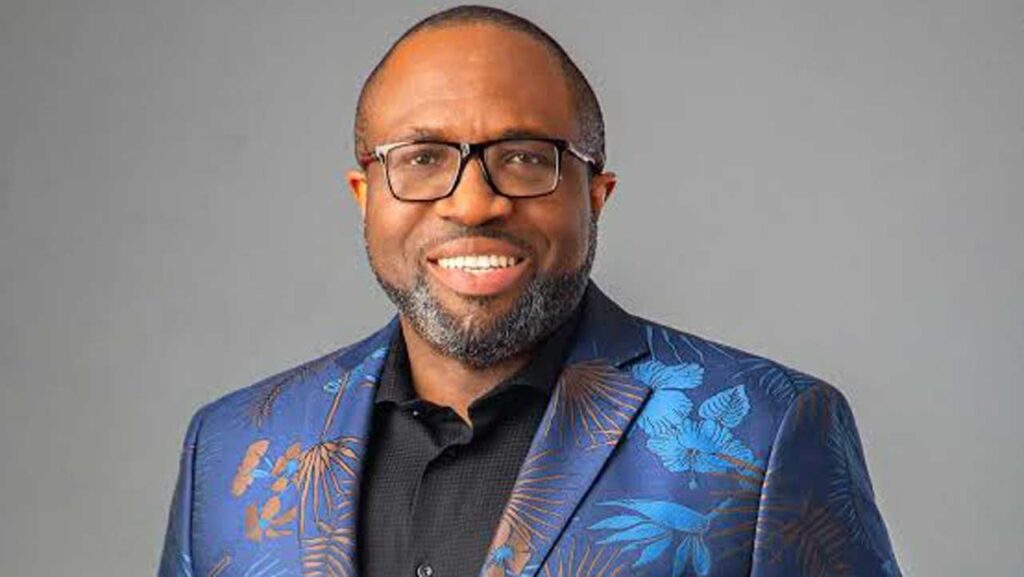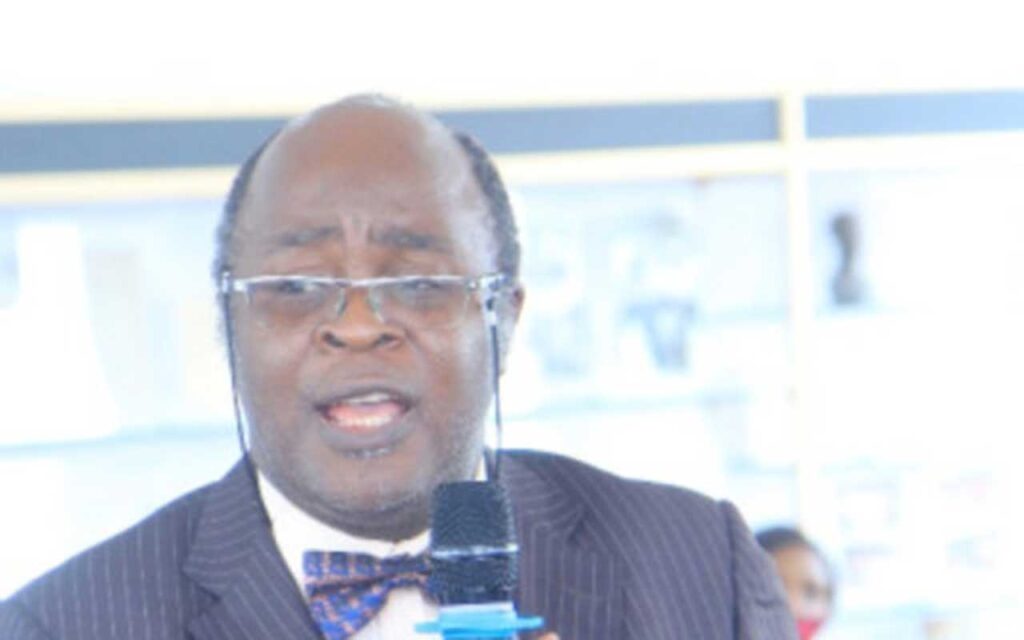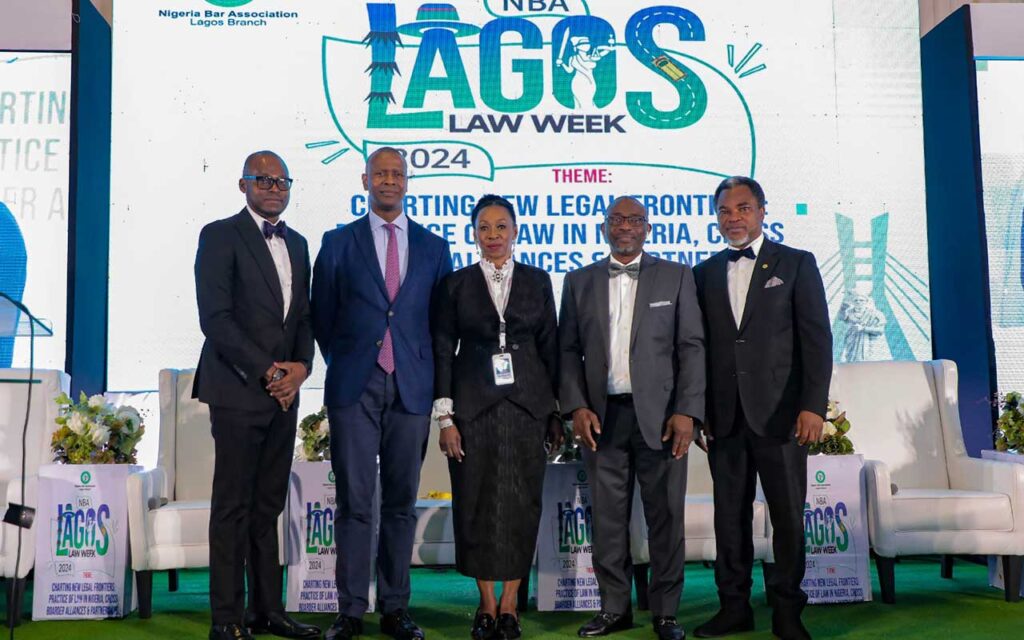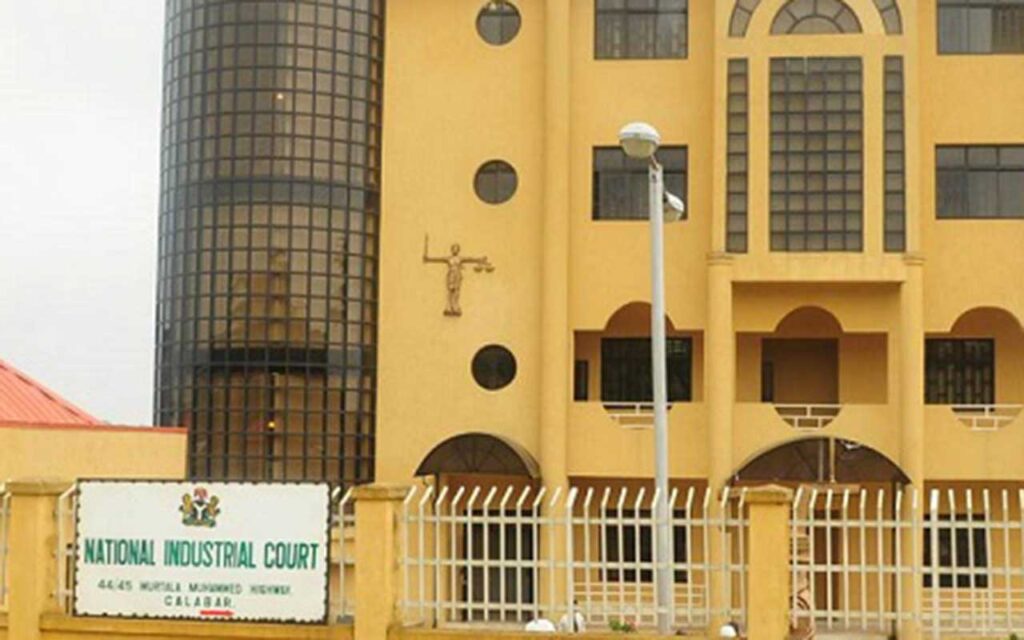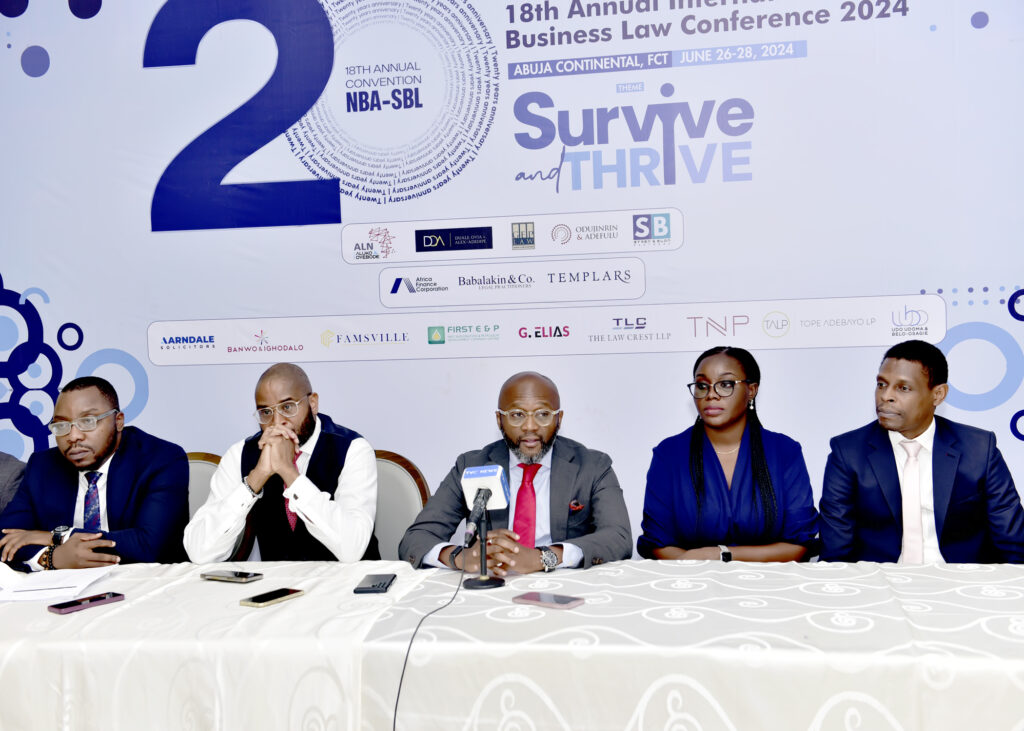To address adverse economic, social and environmental impacts to local communities, environmental law experts have called for urgent prioritisation of fundamental human rights in the design, negotiation, planning and implementation of land-based investments.
The recommendation was made at a public lecture to commemorate this year’s World Environment Day themed: “Human and Environmental Rights at Risk under Land-Based Investments in Emerging Markets.”
The event which was organised by the Business and Human Rights (BHR) Committee of the International Law Association (ILA), (Nigerian branch) was chaired by Dr. Oyeniyi Abe, and held in partnership with the Institute for Oil, Gas, Energy, Environment and Sustainable Development (OGEES Institute), Afe Babalola University Ado Ekiti (ABUAD), Nigerian Institute of Advanced Legal Studies, and the University of Bradford, United Kingdom.
Legal Counsel of the African Union, Prof. Hajer Gueldich, in a keynote address, urged stakeholders in business and investment in Nigeria and across Africa, to actively mainstream a human rights-based approach to investment in line with the United Nations Guiding Principles on Business and Human Rights.
Prof. Gueldich, who is also a Professor of Law at the University of Carthage, Tunisia and a former Chairperson of the African Union Commission on International Law (AUCIL) emphasised the need for transparent environment impact assessments (EIAs), human rights impact assessments, and obtaining prior consent of landowners and communities. Those, he said, are crucial pillars of addressing human rights risks.
The keynote conversation was followed by a high-level panel discussion that featured eminent experts including a former Vice Chancellor of the Lagos State University (LASU), Prof. Lanre Fagbohun, (SAN), an indigenous activist from Cordillera, Philippines, Joan Carling, an Associate Professor of the School of Law, University of Bradford, Dr. Pedi Obani and a member of the BHR Committee, Nabila Gaduya.
Earlier, in an opening message, ILA (Nigerian Branch) President, Prof. Damilola Olawuyi (SAN), said “Land is life,” noting that in many economic sectors, especially in fast-moving consumer goods, extractives, and agribusiness sectors and land-based investments remain associated with human rights concerns including land grabbing, lack of adequate compensation, and forced displacement of impacted communities.
On his part, the Chairperson of the BHR Committee, Dr. Oyeniyi Abe, a leading business and human rights expert in Africa, charged governments at all levels, and the various stakeholders to, not only ensure corporate responsibility and accountability in the context of large-scale land investments but to also deepen capacity development and education on business and human rights through continued collaboration and partnerships in line with the United Nations Sustainable Development Goals (SDG).


